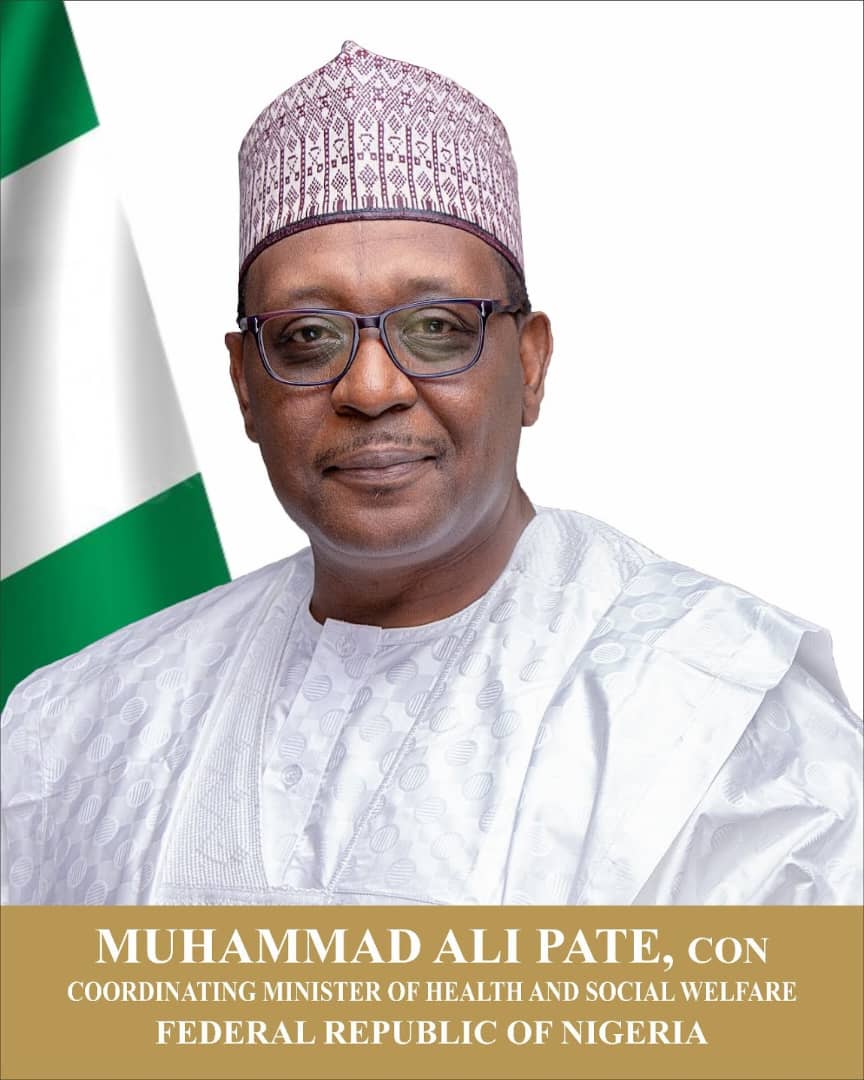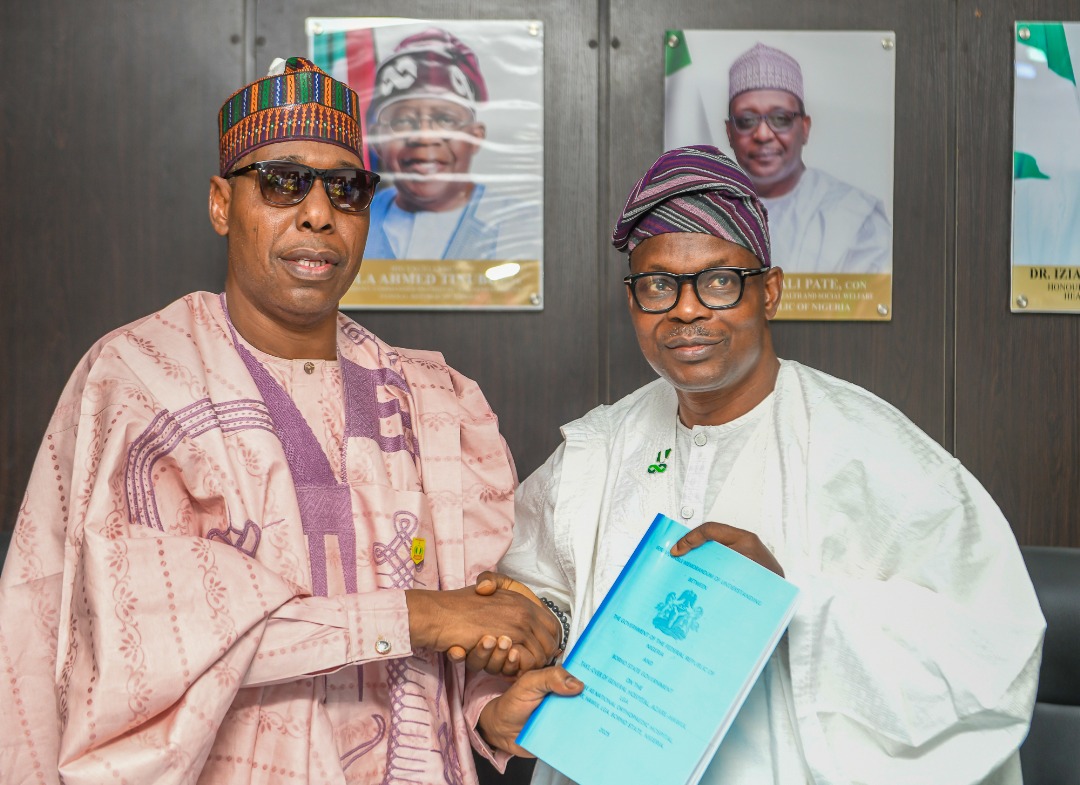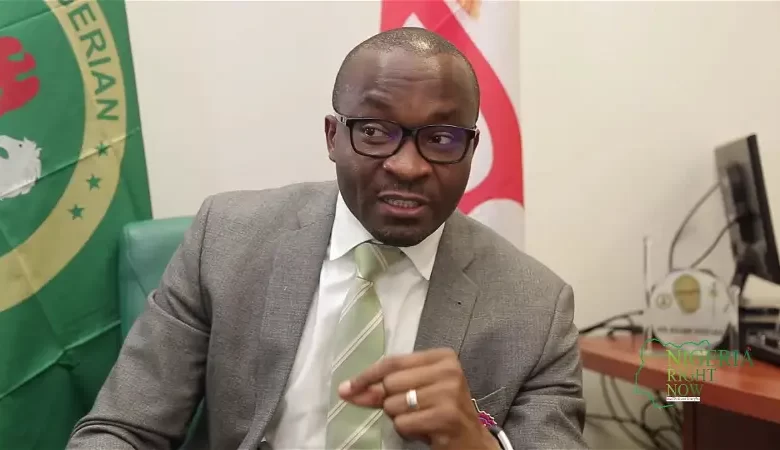
The Federal Ministry of Health and Social Welfare has expressed concern over a widely circulated video in which a respected religious leader advises Nigerians to disregard medical guidance on salt consumption. While the Ministry recognizes and values the vital role religious leaders play in society, it is essential to address misinformation that threatens public health.
Salt, specifically sodium, is not inherently harmful. Sodium is a critical mineral that supports nerve function, muscle movement, and fluid balance. The health risk lies not in salt itself but in excessive consumption.
This clarification was issued in a press statement signed by Alaba Balogun, Deputy Director of Information and Public Relations, on Wednesday.
Following global health recommendations, both the World Health Organization (WHO) and the Nigerian Government advise limiting salt intake to no more than 5 grams per day—approximately one teaspoon. Consuming more than this amount significantly increases the risk of non-communicable diseases such as hypertension, stroke, heart failure, and kidney disease.
Unfortunately, research indicates that the average Nigerian consumes more than twice the recommended daily amount of salt, contributing to thousands of preventable deaths each year.
To tackle this growing health crisis, the Ministry is rolling out a National Sodium Reduction Strategy. This includes the implementation of the National Sodium Reduction Guidelines, aimed at lowering sodium content across all food types—from packaged products to meals prepared at home, restaurants, and street food vendors. The initiative calls on food manufacturers, regulators, and the general public to work together in reducing sodium intake without compromising food quality or nutrition.
Importantly, the Ministry emphasizes that doctors do not lie. Nigerian health professionals base their advice on decades of research and clinical evidence. The presence of sodium compounds in certain medications is not the same as dietary salt and is safe when prescribed by qualified health practitioners.
Kanu’s Family Condemns Media for Misrepresenting Court Proceedings, Demands Live Streaming of Trial
The Ministry also underscores that faith and science are not in conflict. They can complement each other in advancing the health and well-being of the population. Nigerians are urged to seek accurate medical information from licensed healthcare providers and to support national efforts to reduce preventable illnesses.
The Federal Ministry of Health and Social Welfare remains steadfast in its commitment to advancing public health through evidence-based policy, accurate information, and respectful engagement with all sectors of society—including faith communities.





